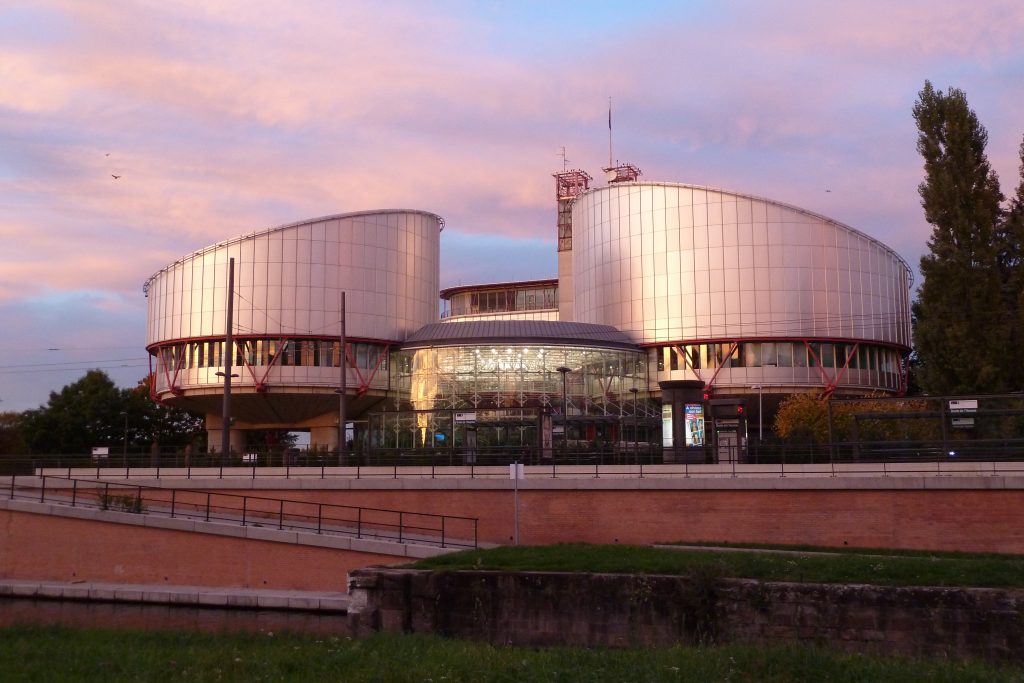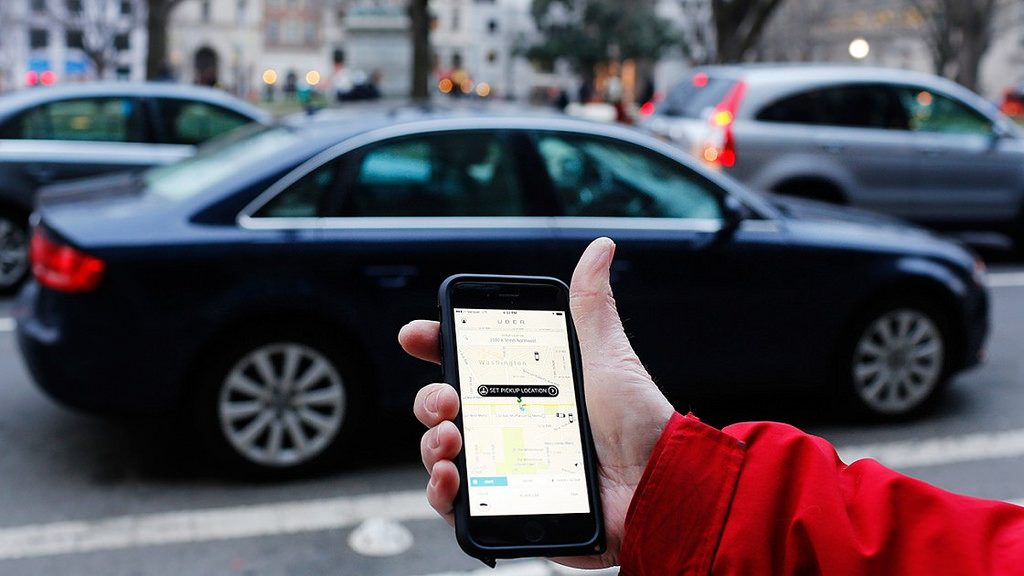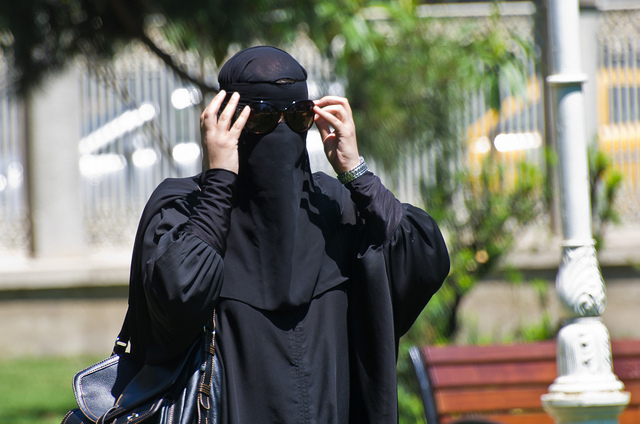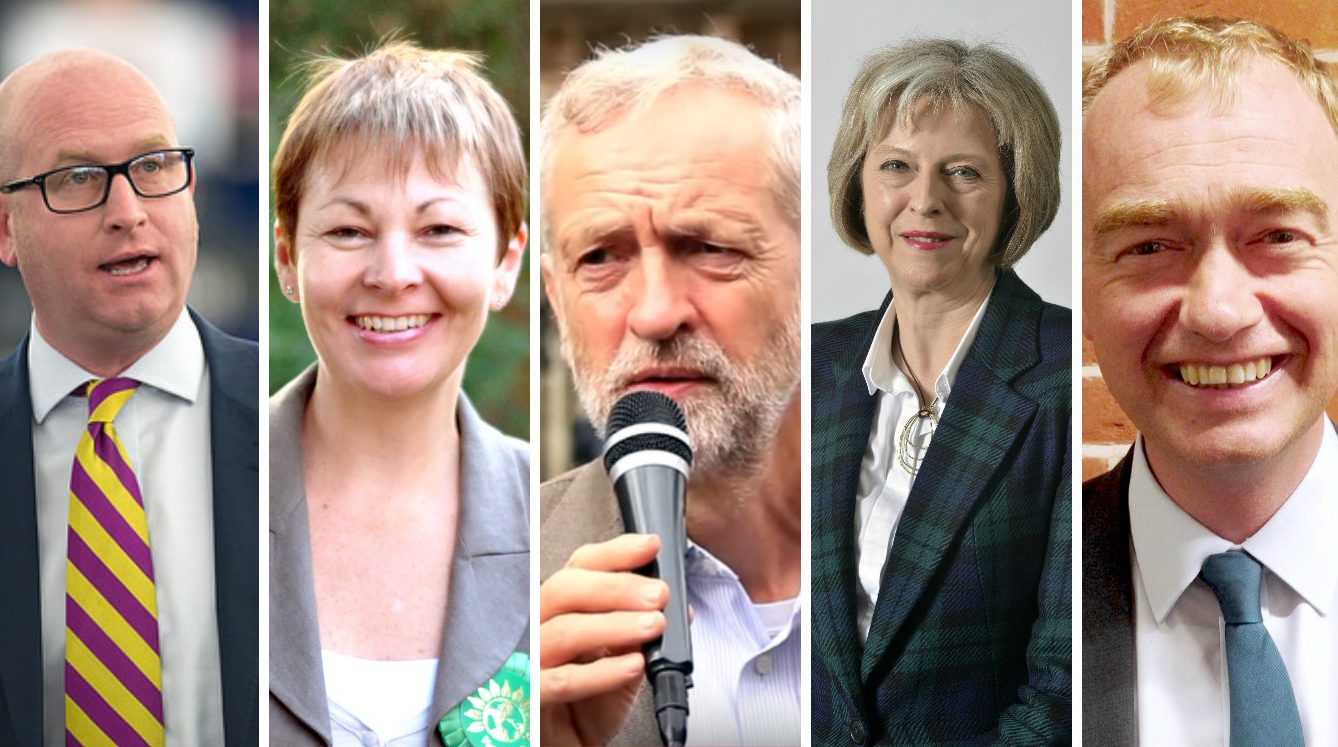It was only a few weeks ago that Prime Minister Theresa May called a snap General Election – but a lot has happened since 18th April. We’re still waiting for the party manifestos to land, but there have already been plenty of announcements surrounding human rights.
To help you keep track of things RightsInfo will be guiding you through the election with an impartial round-up every fortnight, all the way until 8th June. Here’s what the main parties have been saying on human rights so far:
- Conservatives seem split over their stance on Human Rights Convention: Tories reportedly ‘expected to withdraw plans to leave European Court of Human Rights’ [The Telegraph] while Lord Faulks calls election ‘once in a lifetime opportunity’ to leave the ECHR [The Express]
- Labour reveals 20-point plan focused on workers’ rights [The i Paper]
- Liberal Democrats to ‘crack down on the gig economy’ [HuffPo]
- Green Party launches Human Rights LGBTIQA+ Manifesto for Election [Pink News]
- UKIP says they want to make ‘burqa ban’ part of their manifesto commitments [BBC]
Conservatives ‘expected to withdraw plans to leave Human Rights Court’
 (Photo: Wikimedia)
(Photo: Wikimedia)
The Telegraph has reported that the Conservative Party could ditch plans for the UK to leave the European Court of Human Rights. Prime Minister Theresa May had been expected to announce Britain would leave the organisation – which is separate to the European Union – by 2022. However, senior Government figures have told the paper the plans will no longer feature in the manifesto as it would be a distraction from Brexit negotiations.
The Human Rights Court, founded in 1959, is made up of 47 elected judges and ensures that the rights in the Human Rights Convention are upheld in all the member states. Some politicians, however, argue that the court takes away from our national sovereignty, with the judges overruling decisions made in the UK.
Previously the Conservative Party had said they would withdraw from the Human Rights Convention – and their membership of the Human Rights Court – and replace the UK’s Human Rights Act with a (likely to be weaker) British Bill of Rights. Lord Faulks, who was justice minister until last year, has spoken out to describe the General Election as a “once-in-a-lifetime opportunity” to go for the “full fat” hard-Brexit option, withdraw from the Human Rights Convention, and create a British Bill of Rights.
Whichever course of action the Prime Minister chooses to take, it will have important consequences for our human rights.
Labour Unveil a ’20 Point Plan’ to Protect Workers’ Rights

(Picture: CreateHerStock)
The Labour Party has been putting worker’s rights at the forefront of its campaign, releasing a 20 point plan to fix “the rigged economy of the workplace”. The plans include giving all workers equal rights – regardless of whether they are part-time or full-time, temporary or permanent.
They also want to scrap zero-hour contracts, double paid paternity leave to 4 weeks and increase paternity pay, enforce all workers’ rights to trade union representation at work, and strengthen protections for women against unfair redundancy.
These are all policies that tie into discussions about our human rights, with the right to join a trade union and not to be discriminated against both part of the Human Rights Convention.
The Liberal Democrats to ‘Crack Down on the Gig Economy’

The ‘gig economy’ has been one of the most talked about issues surrounding workers’ rights this year. Companies such as Uber and Deliveroo do not take on drivers full time – they work with self-employed individuals that they connect up with customers for a fee.
While companies claim this allows their drivers a greater deal of flexibility, it does means they don’t get the minimum wage, paid holiday, or other employment rights. Talking to the Huffington Post, a spokesperson for the Lib Dems said:
“I cannot reveal in advance what is in the manifesto, but we are determined to ensure employers don’t get away with tying workers into exclusivity deals. We are also determined to stop employers forcing workers out of staff jobs to take on the role of being self-employed, when really it is a sham – that worker is to all intents and purposes staff.”
Any future legislation surrounding the gig economy and workers’ rights could have implications for hundreds of thousands of workers in the UK.
Green Party launches Human Rights LGBTIQA+ Manifesto for Election
 The Green Party, led by Caroline Lucas and Jonathan Bartley, has launched a manifesto specially looking at human rights for lesbian, gay, bisexual, trans, non-binary, intersex, queer, asexual and aromantic people.
The Green Party, led by Caroline Lucas and Jonathan Bartley, has launched a manifesto specially looking at human rights for lesbian, gay, bisexual, trans, non-binary, intersex, queer, asexual and aromantic people.
The seven page document focuses on reducing discrimination and inequality, and includes plans to fund LGBT+ health services, to update the Gender Recognition Act to allow trans youth and non-binary people to get legal recognition by self-determination, as well as to strengthen hate crime legislation.
Speaking to Pink News, Mr Bartley added:
“Here in Britain people continue to suffer violence and discrimination. Four in five LGBTIQA+ people have experience hate crime related to their gender identity or sexual orientation, with a quarter experiencing violent hate crime.”
UKIP Leader says they will call for a ‘Burqa Ban’
 The burqa is a full body covering (Picture: Aslan Media / Flickr)
The burqa is a full body covering (Picture: Aslan Media / Flickr)
Paul Nutall, the leader of UKIP, has told reporters he plans to include a ban on the burqa in his party’s manifesto. The politician claims the full body covering, which is sometimes worn by some Muslim women, is a security risk. Explaining the move, he said:
“We have a heightened security risk at the moment and for CCTV to be effective you need to see people’s faces. Secondly, there’s the issue of integration – I don’t believe you can integrate fully and enjoy the fruits of British society if you can’t see people’s faces.”
The move would have several implications for human rights. Mr Nutall claims it would help increase security and protect the public – indeed the Government does have a duty to protect our lives and take effective counter-terrorism measures under Article 2 of the Human Rights Convention.
However, others argue that this is an infringement of people’s right to freedom of thought, conscience and religion, as protected by Article 9 of the Human Rights Convention.
Want to know more about this General Election?
- Read our piece on what a General Election could mean for Human Rights
- Catch up on the history of voting and human rights in our explainer







